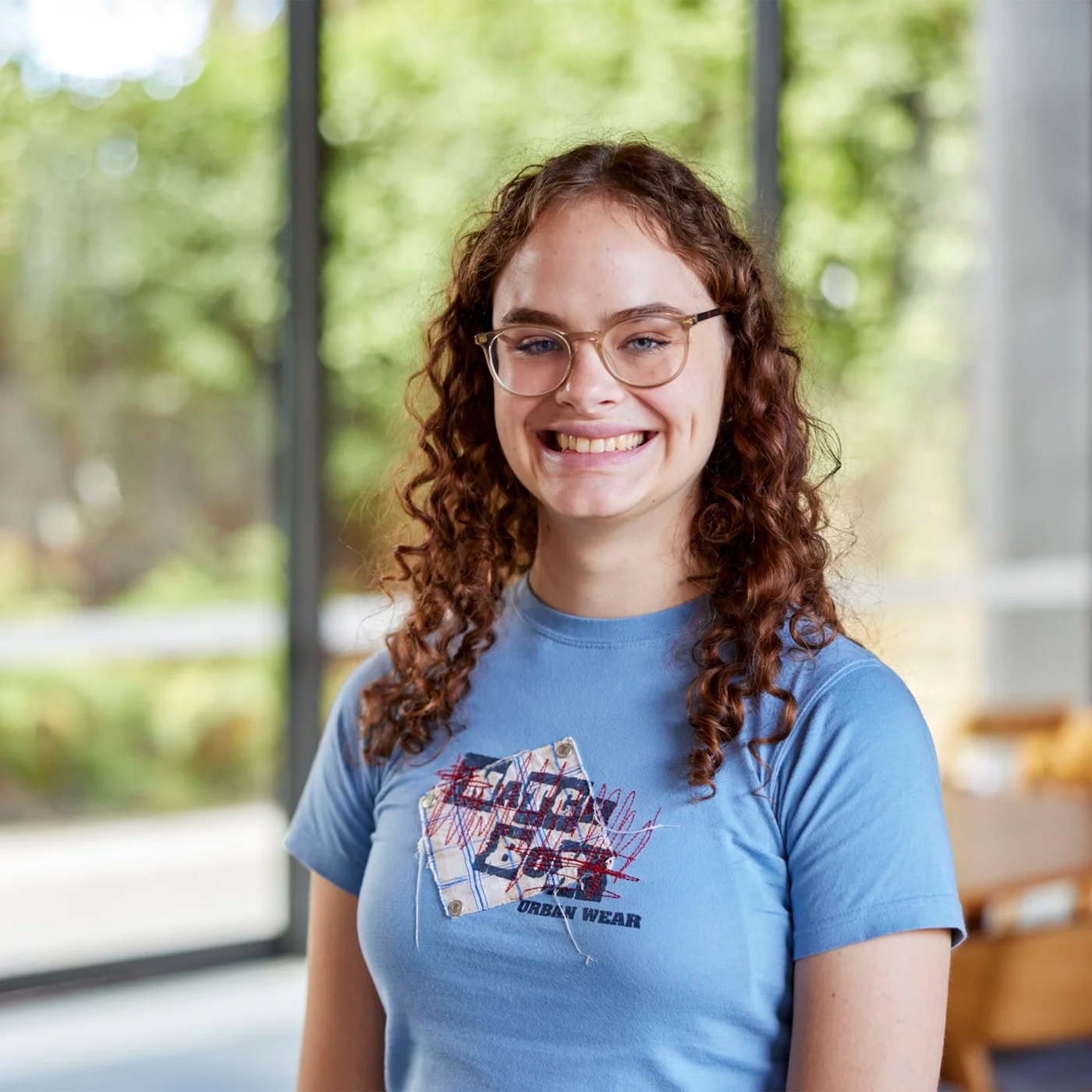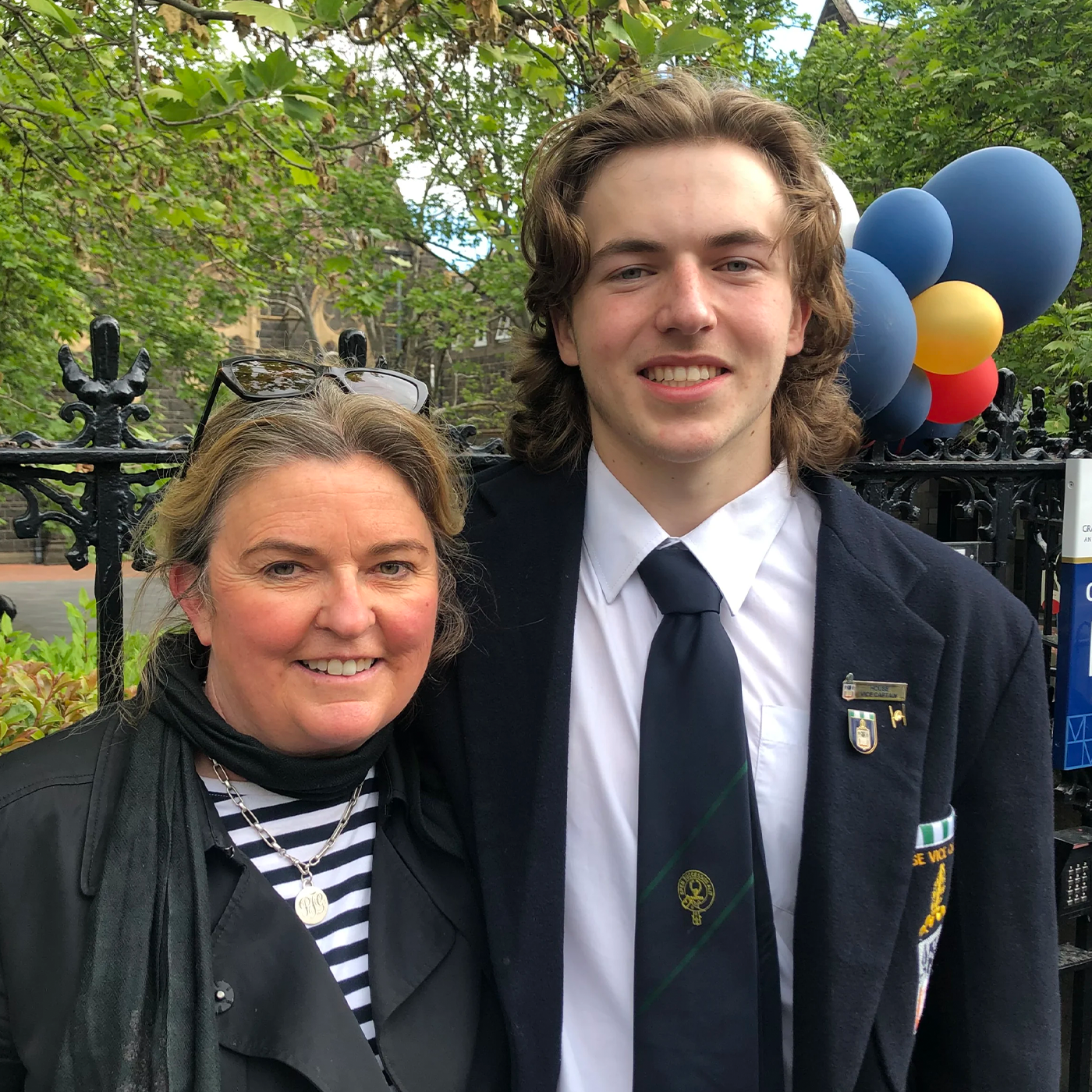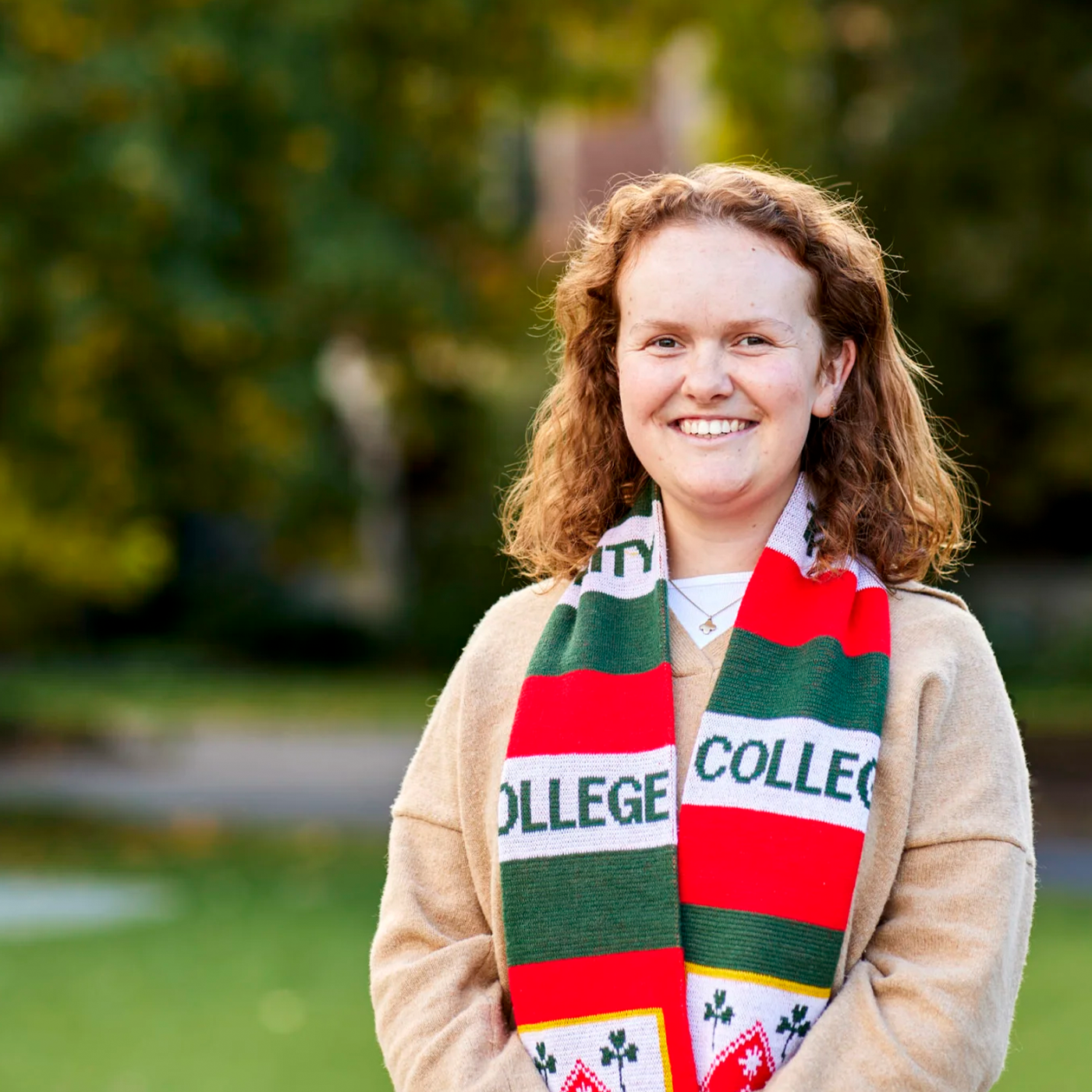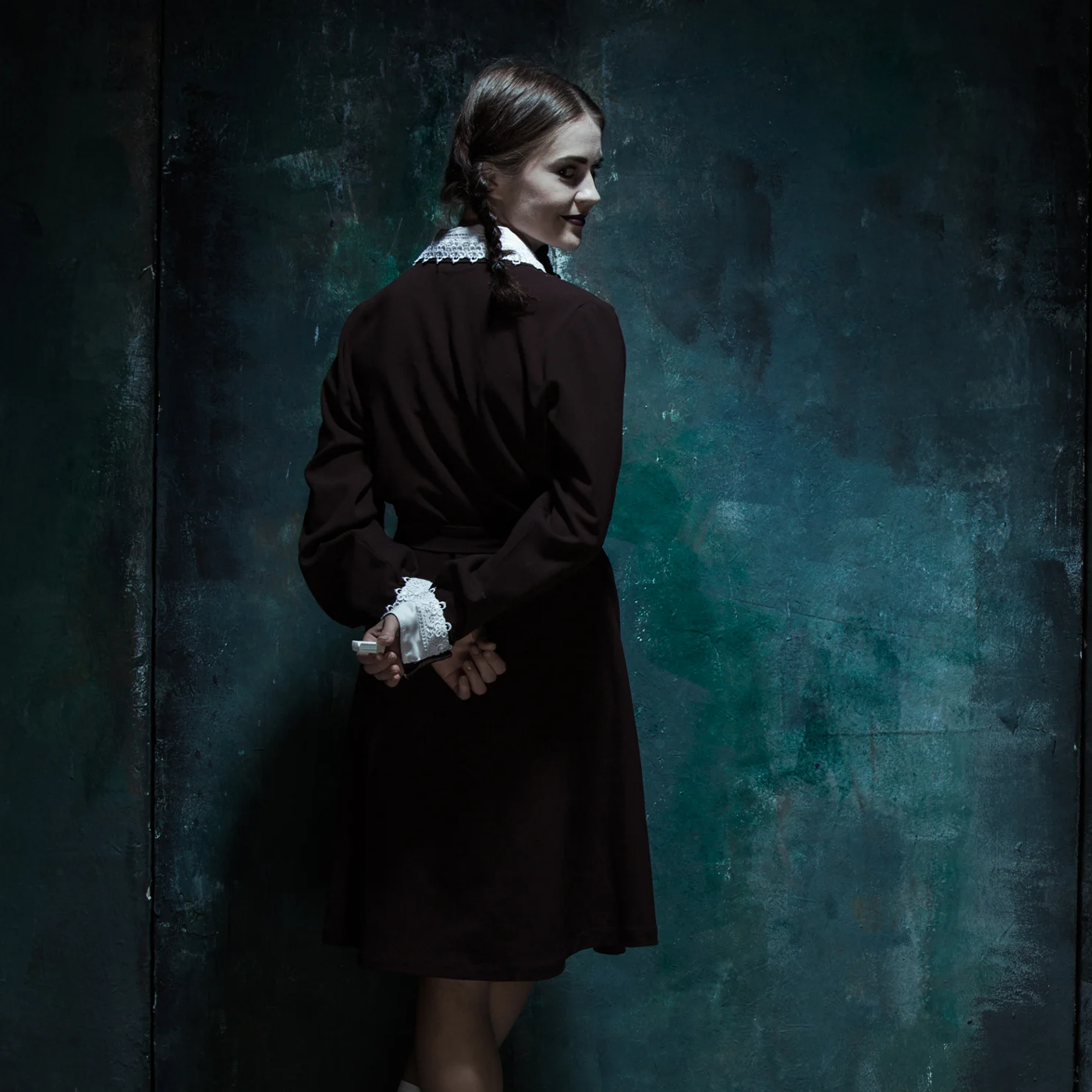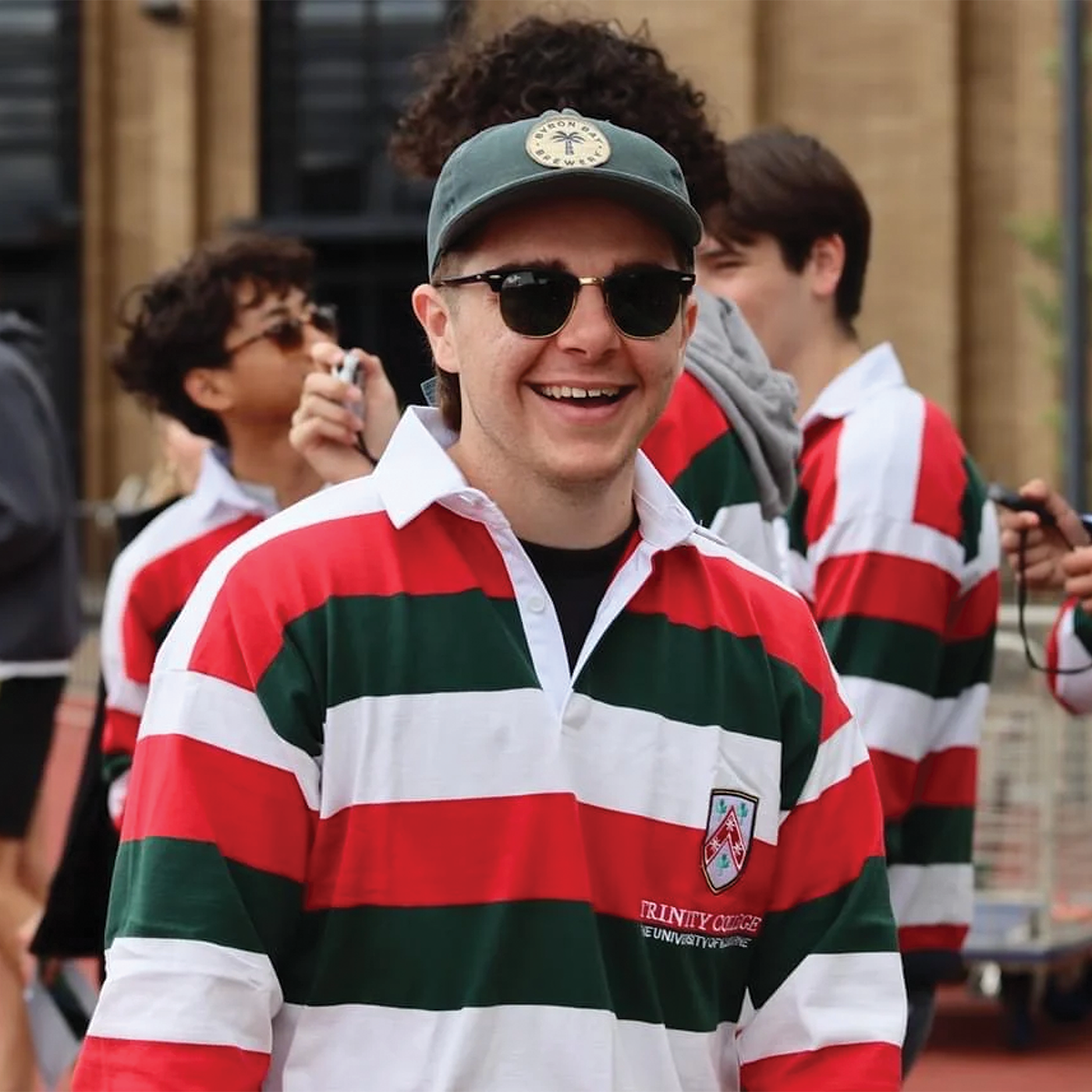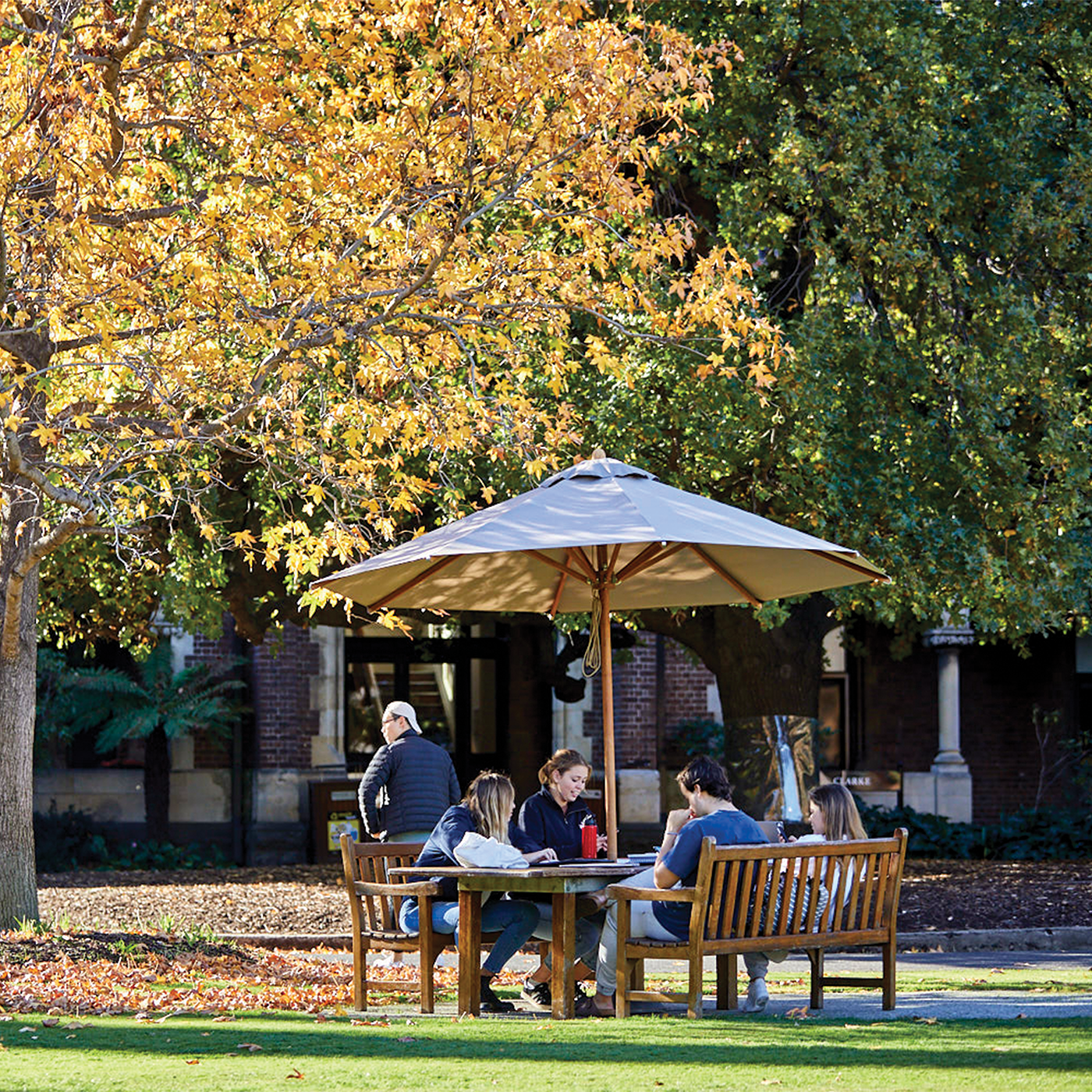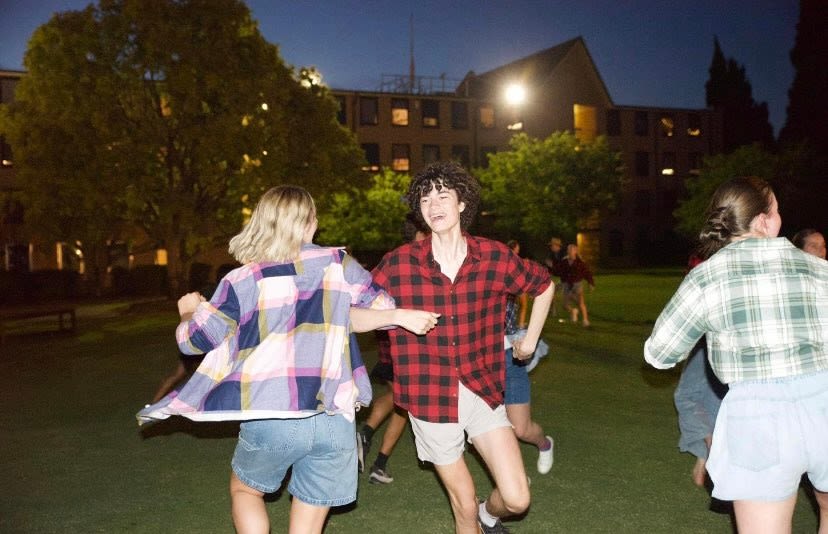

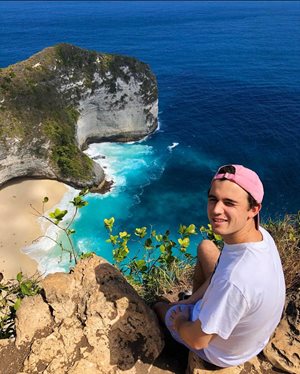 Tell us a bit about yourself
Tell us a bit about yourself
Before embarking on my new journey in Melbourne, I lived in a coastal town in South Australia called Victor Harbor. I lived there for most of my primary years, attending a local school until Year 7. From there I made a drastic life change by moving to boarding school, attending St Peter’s College in Adelaide from age 13. I always enjoyed having the double life of studying in the city, then returning home to the ocean and farmland in the holiday breaks. Although my final years of boarding hold some of my fondest memories with my mates, my earlier school years pose as a true challenge.
Leaving the small town of Victor Harbor, I was a pretty shy kid. I wasn’t the strongest athlete or even that much of an academic – two heavy focuses of the school I was to be attending. My final year at my local school also didn’t provide me with the greatest confidence. I was bullied for not fitting the mould of being a passionate footballer or some form of sportsman. I was that student who would sit in the classroom during recess chatting with my homegroup teacher, who, looking back, was essentially my closest friend. I was challenged by my peers on topics I was yet to understand, particularly sexual identity. I was mocked for having feminine traits and portraying ‘signs’ of being a gay kid.
Within the final weeks before starting at boarding school, my old classmates spray-painted ‘Hugo is gay’ on the give way sign at the end of my street. I remember crying to Mum and believing that I wouldn’t be able to make friends at a new school. However, she empowered me with the idea of a fresh start and a community filled with new people who would stem beyond the constraints of my local mentality.
I started at boarding school in Year 8 with a cohort of 170 students. I aimed to focus on my studies and travel under the radar amongst my peers. I was challenged by compulsory sport and living in an all-boys boarding house, sharing my home with 90 other teenagers and a bedroom with three.
Boarding school was the absolute best thing for me. In a sense it ‘toughened me up’ and forced me to gain courage and confidence within myself. I was very conscious of the mannerisms I portrayed, trying at all costs to avoid the pathway I walked down at my previous school. By Year 10, that previously quiet kid began to venture outside of his shell. I saw myself taking on a series of co-curriculars and stepping up within the boarding house through house competitions and initiatives. I found myself fitting in amongst a group of athletic blokes, who would usually turn to me to escape their usual mates’ ‘jock’ mindset.
However, just when all was going well, the teenage years really started to settle in. My mates and I were going to parties where alcohol and drugs were present, with most of my friends going in with the mindset to get as many ‘hook-ups’ as they could. An idea that my mind couldn’t comprehend. My lack of conforming to those social pressures again raised the issue I thought I had overcome. My peers were spreading rumours of my sexuality and questioned why I didn’t drink at age 16 or ‘get around’ with the girls at after parties. These comments and pressures led me to spiral into a mindset I hope no one has to face. Over the course of Year 10 and 11 I was lost within my self-identity. I thought if I could obtain a leadership role in Year 12, that everyone would accept me and look past my personal difference. But that only placed even more pressure on me and dug me further into a hole I found myself trapped in.
The turning point for me was finding people I could trust and freely feel comfortable to express myself with. I was really lucky to have an amazing best friend from an all-girls school in Adelaide. She was the first person I told that I was gay and she helped me navigate that incredibly challenging journey at an all-boys ‘elite’ private school. (We have remained best friends and even embarked on our new chapter at Trinity together.)
From there, I was able to share my newfound truth with my parents and my chemistry teacher. These people formed my team and together helped me get through my final years of my senior schooling. Through their incredible support and love, I was able to achieve a school prefect role, boarding house captaincy and even the opportunity to go back for a thirteenth year as the school captain. Positions I never thought I could achieve with my dangerous headspace.
Obtaining those leadership roles became more than proving myself to others. Instead, I focused on being the change and voice for others who were silently fighting the way I did. I challenged societal standards at my school – an institution where homophobia and toxic masculinity fuel its culture.
Although it will take years to eradicate this issue at such a traditional institution, I believe I was able to aid in sparking conversation and challenged those I needed to to ensure progression continued to take place. At the conclusion of this journey, I was able to walk away with a strong sense of who I was and a drive to further carry out my newfound goals.
What, in your opinion, is the importance of a good community and culture in today’s society?
Through my previous experiences I have learnt the importance of having a strong community that is built on the foundations of diversity, progression and acceptance. A ‘good’ community is one that evolves alongside the progressions made in our surrounding society. It is also one that is able to stand proud of its longstanding traditions while maintaining healthy ideals and evolves to a point where all community members feel supported and heard.
Both of my previous environments – my hometown and all-boys private school – failed to uphold evolution in a healthy manner. Being exposed to only those two environments, I assumed that it would maybe be too great of a challenge for any community to overcome. However, starting at Trinity proved my naïve mindset wrong. Trinity consists of such incredible diversity, with students specialising in all different fields – each with unique talents and self-expression. The community remains modest and balances its tradition with continuing growth, and it’s an institution that learns from not only the surrounding society, but also the members housed within.
How have your experiences increased your passion for sharing culture?
Not only am I a member of the LGBTQIA+ community, I am also an Indigenous Australian. My grandfather is a half-caste and survivor of the Stolen Generation. His story starts after an ordinary day at school, where he and his sister were walking home before being picked up by local police officers and sent to Croker Island off the coast of the Northern Territory. He was only eight years old and was taken from his family and local community. He lived on Croker Island until age 16, then was sent to an orphanage in Adelaide. Eventually he was adopted by a family living just outside of Victor Harbor, the town in which I was raised.
Grandpa’s story has always inspired me to speak my truth. He has been challenged by being a part of such a dark time in Australian history and it took him years before he was able to truly delve into what he had endured. Through his experience and my own, I feel truly empowered to encourage others to share their truth. To speak about their adversities and the stories that make them the people they are today. Through this, we are able to not only learn from each other, but also empower others to be more confident versions of themselves.
What are your goals for the future?
I am currently studying a Bachelor of Arts, majoring in psychology as well as politics and international communications. After completing this degree, I aim to undertake an honours year in clinical psychology and begin practicing as a clinical psychologist. I have always had a huge passion for helping others and promoting conversations about mental health. I would love to be able to help people through their adversities and also be there for their triumphs. Mental health is commonly misconceived as purely being focused on negativity or mental illness. To me, mental health is just as much, if not more, about positivity and expressing happiness, love and compassion.
I also have a broader long-term goal of getting into politics. A particular issue I aim to tackle focuses on the age of consent to seek psychological help. Within some states of Australia, if you’re under the age of 18 you must have parental consent to speak with a clinical psychologist, while other states have the age set at 16. To me this is completely ridiculous, as a child may be seeking this mental health support without the want for their parents to be involved. In some other cases, parents may even refuse to let their children seek mental help or aid assistance financially. I aim to have a form of influence over these policies and also continue to increase public access to this ever-important healthcare resource.
Has Trinity helped you foster this goal?
Although this is my first year at Trinity, the open community has already provided me with incredible confidence to pursue my goals. Trinity is the first environment where I have been able to come out to all of my peers and I think this is a true reflection of the accepting and progressive culture it possesses. It has never been made out to be a big deal, which has also taught me to stop letting something, which in hindsight is quite minor, define my whole personality.
Through my new group of friends, I have been able to express myself confidently and also venture further into my self-identity, which is something I previously didn’t feel as confident to do. I am very grateful for the opportunity to attend Trinity and living amongst such an incredible group of people. The college environment has ultimately allowed me to come to terms with myself and provide me with a great sense of support. Something I believe all Trinitarians are able to experience.
As told to Ian Coyukiat

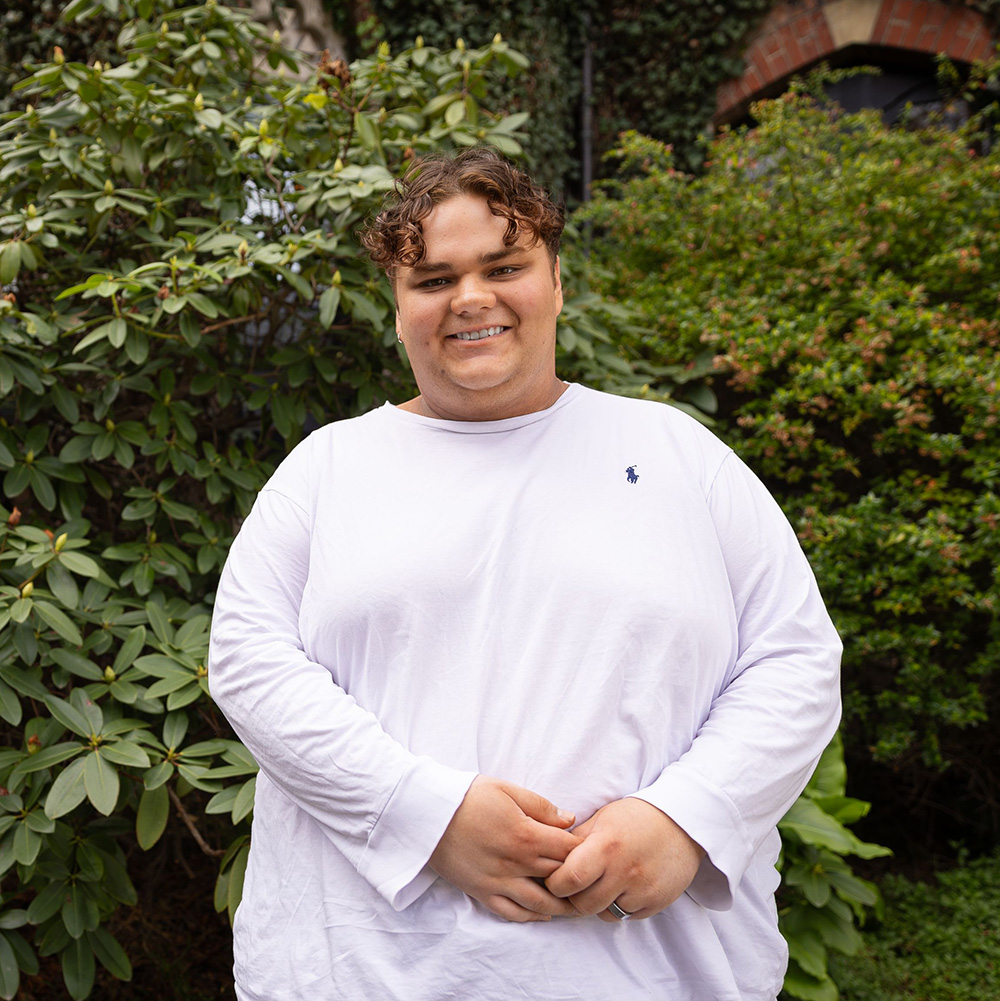
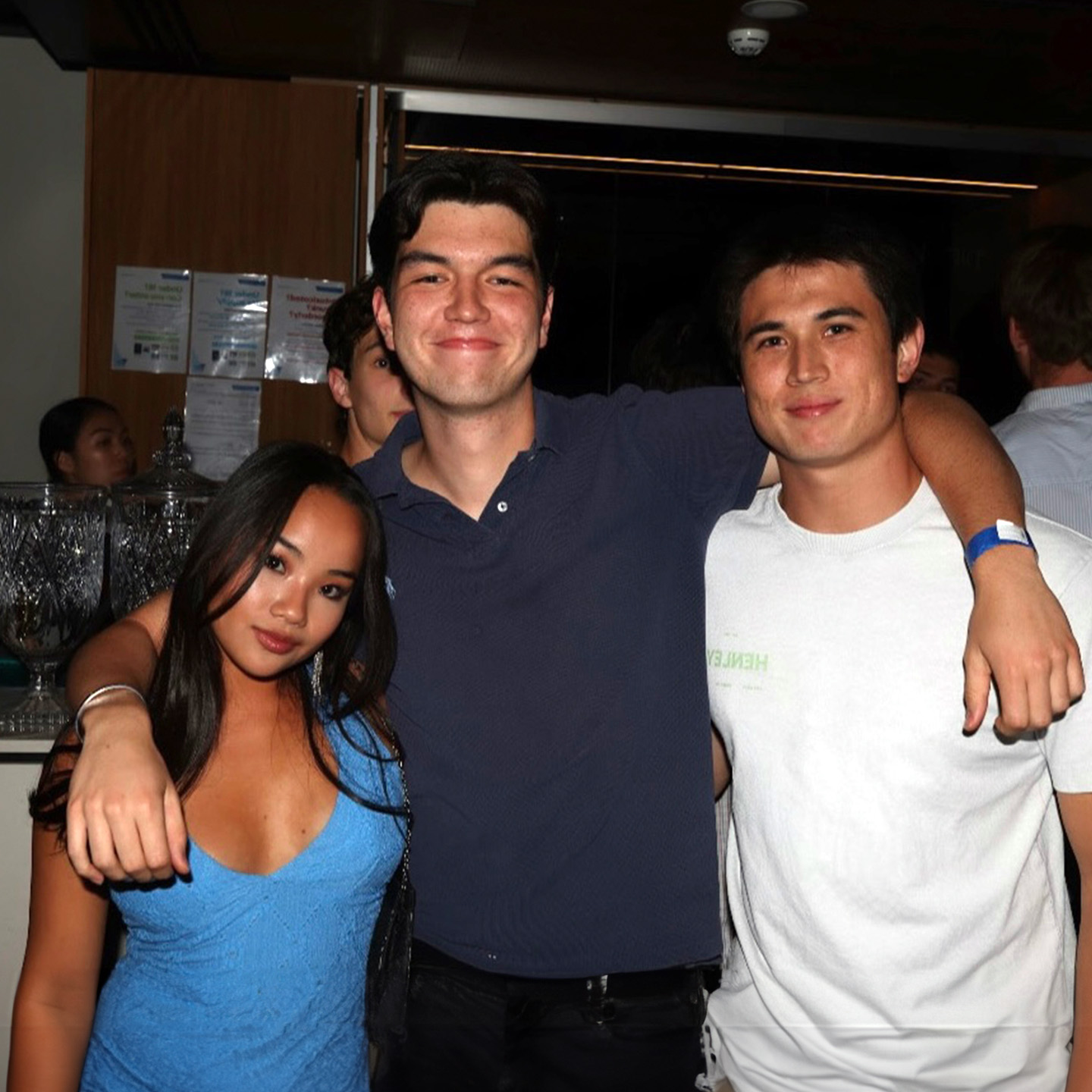
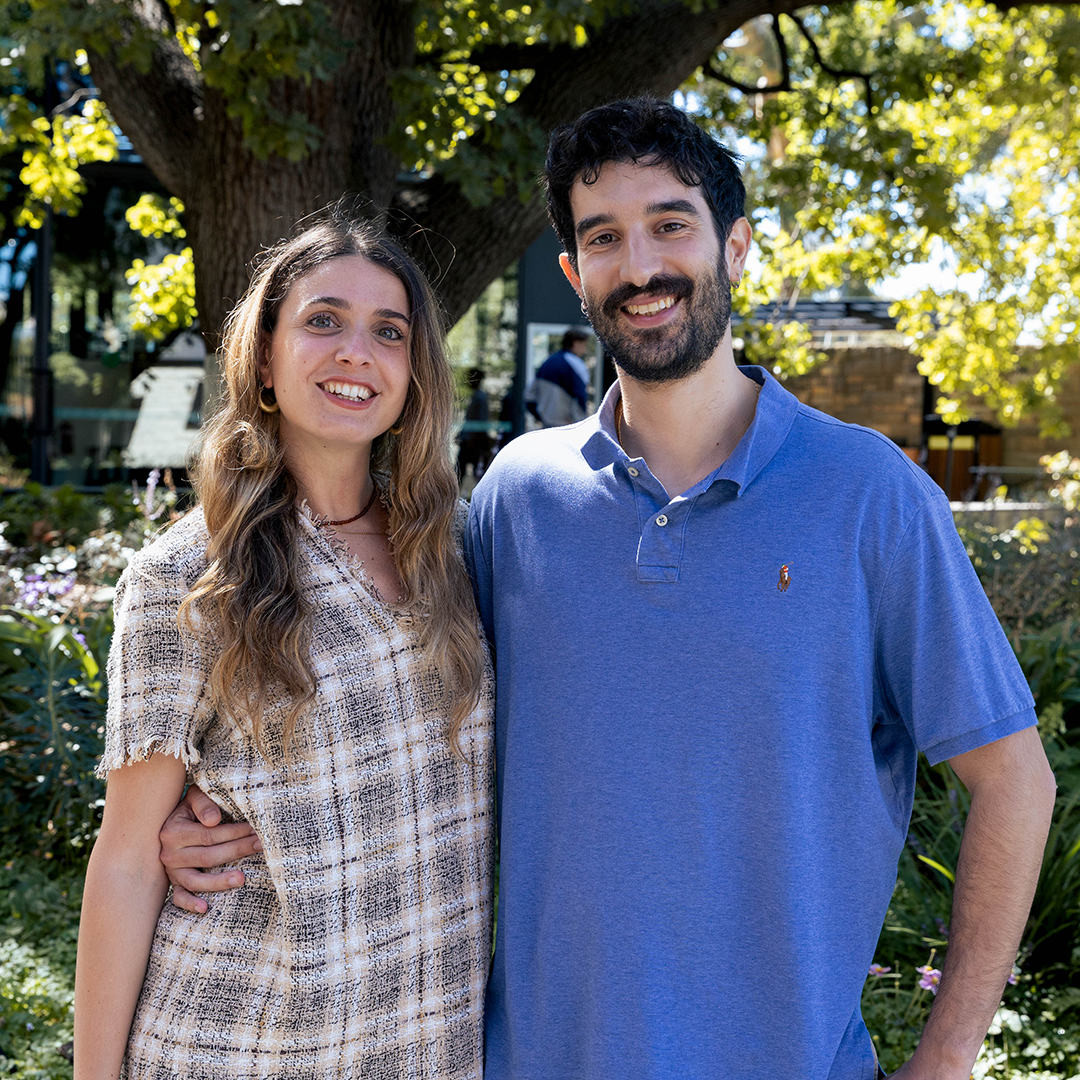
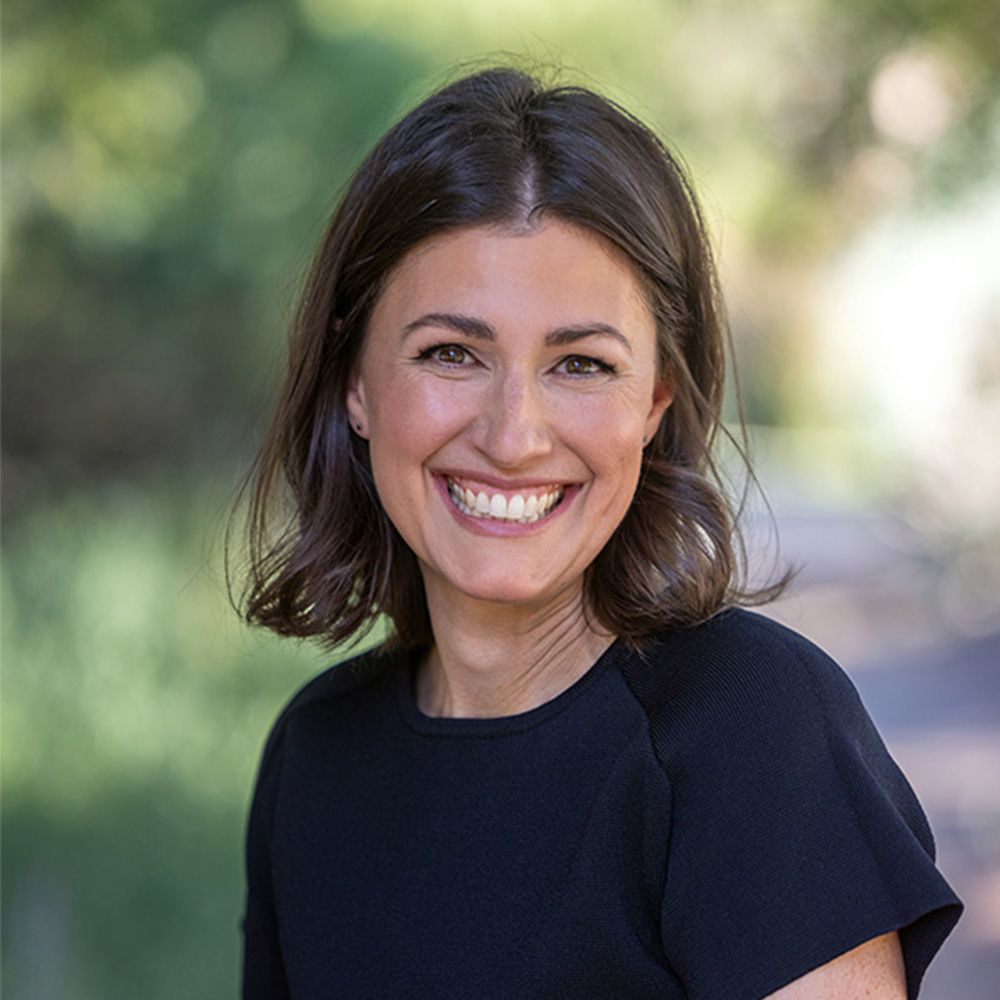
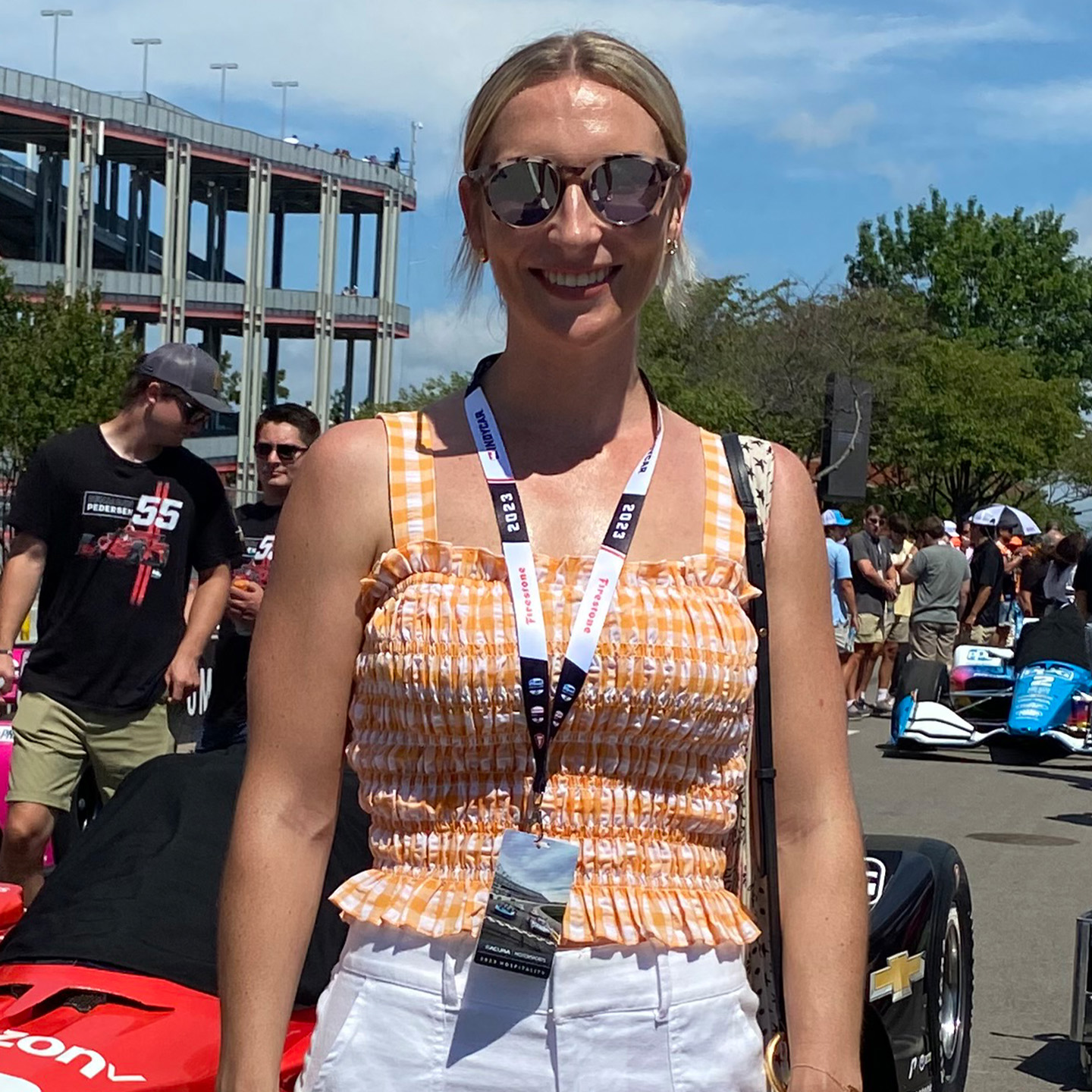
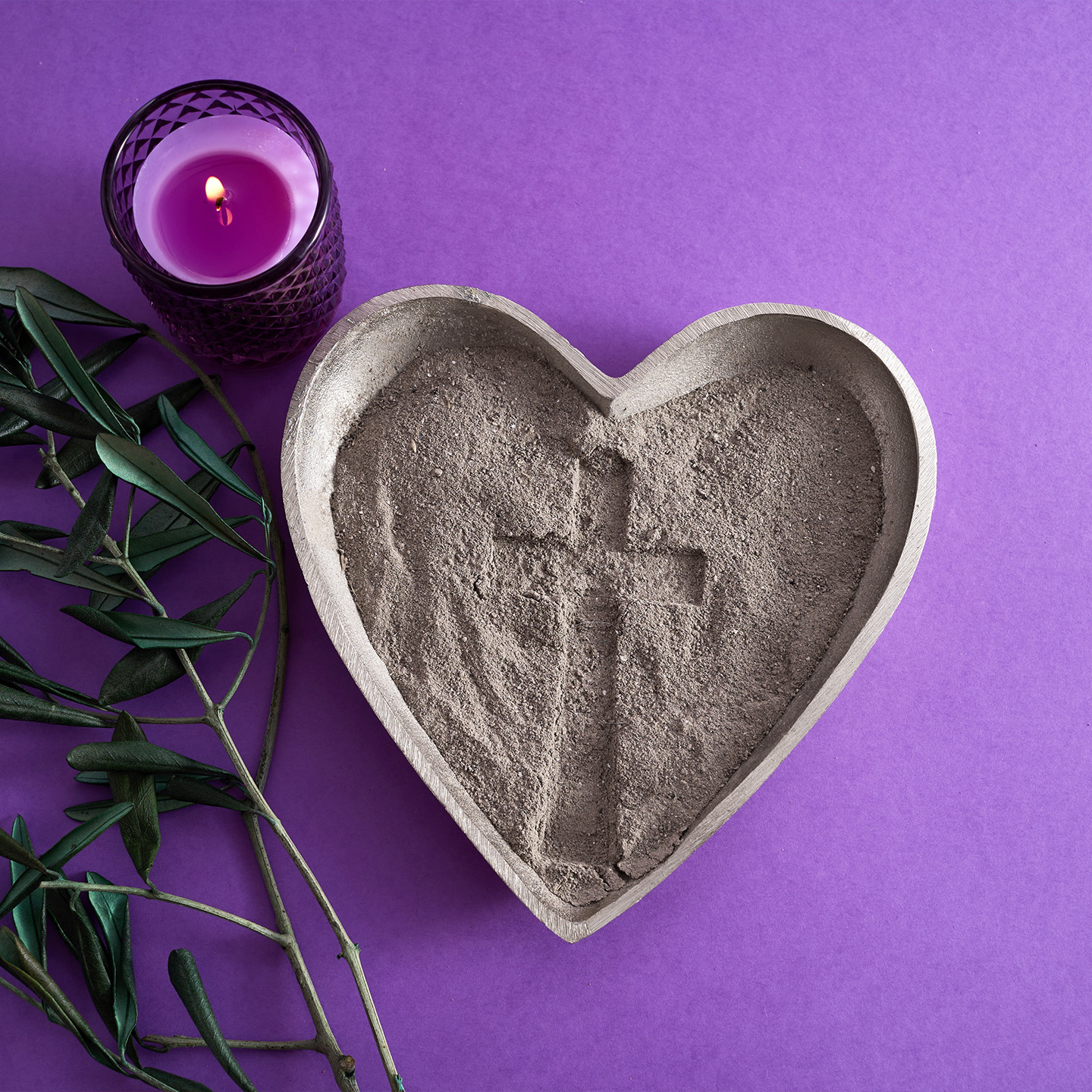
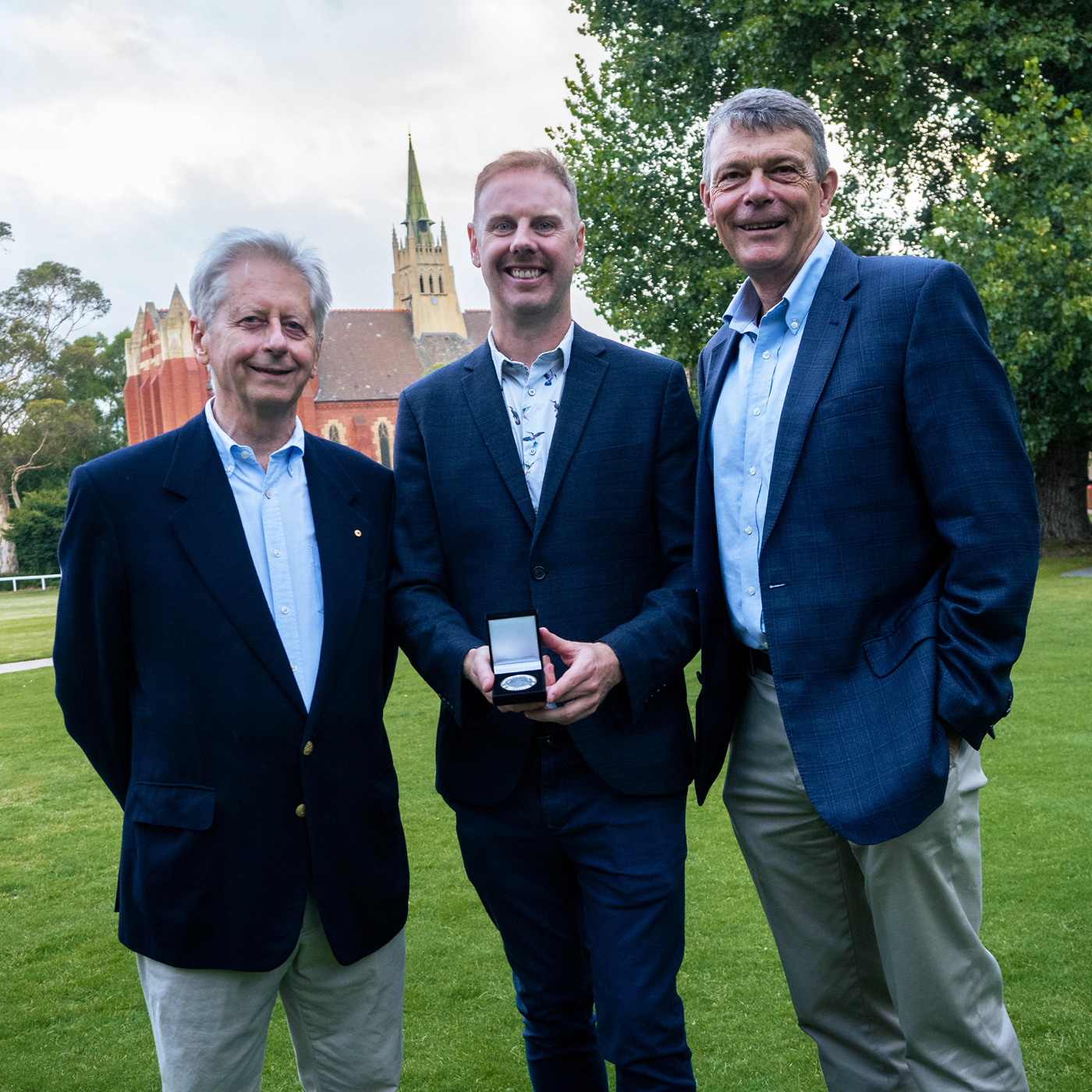
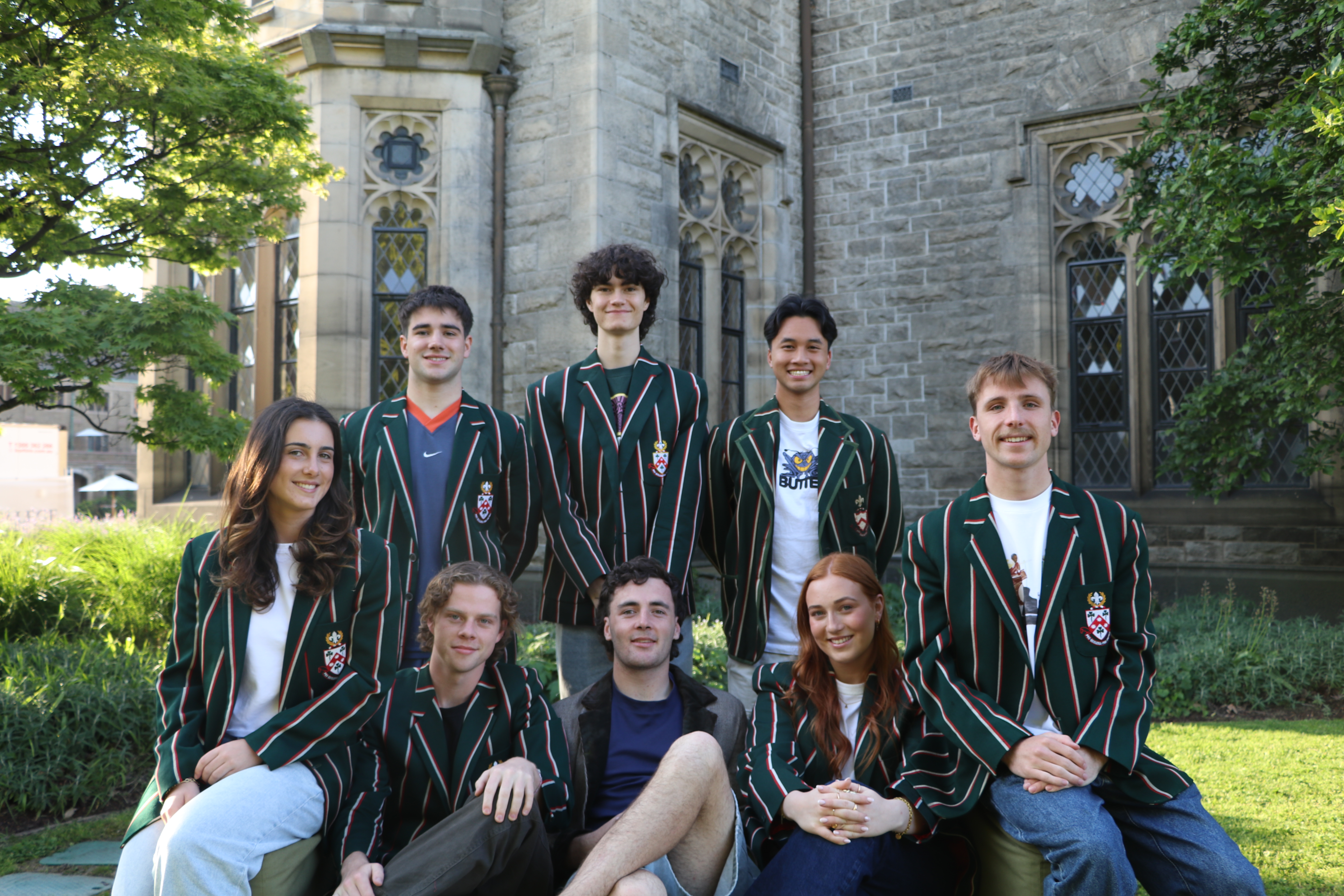

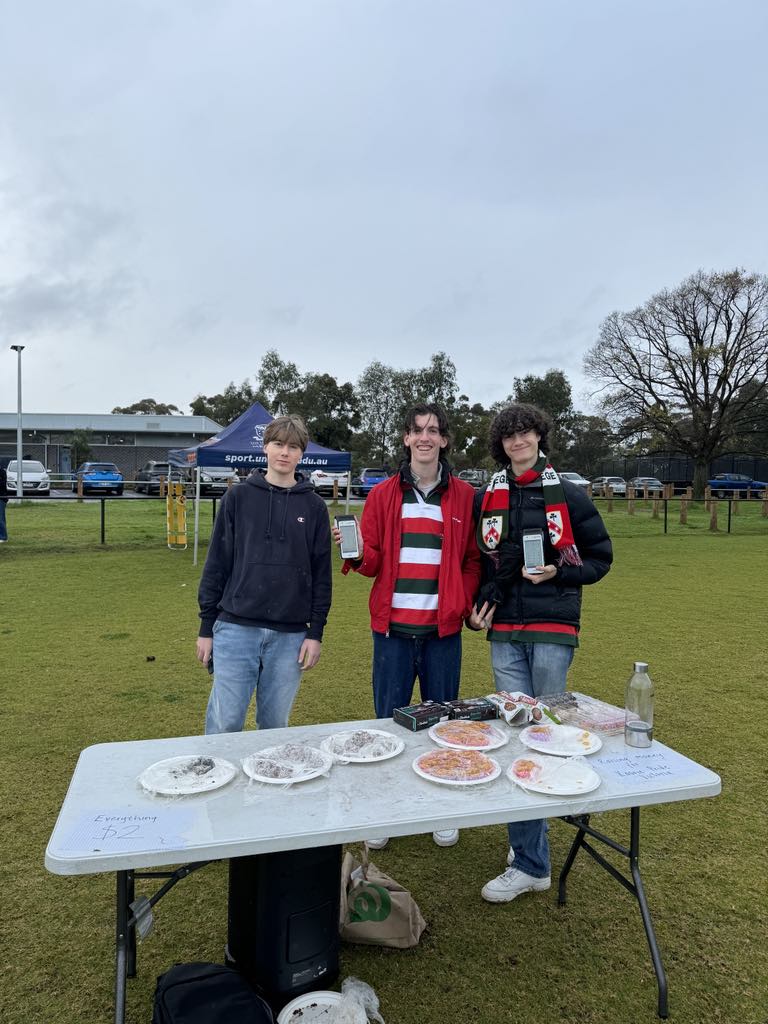
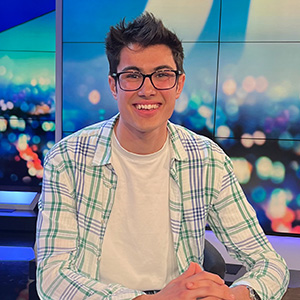
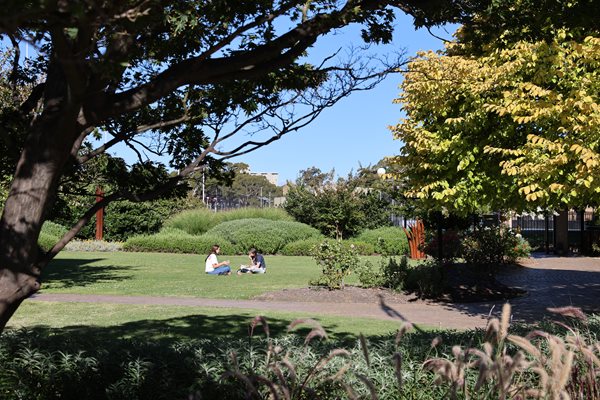
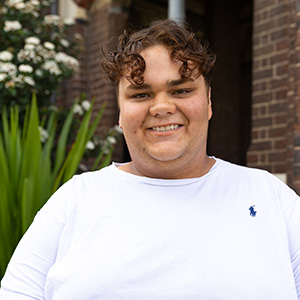
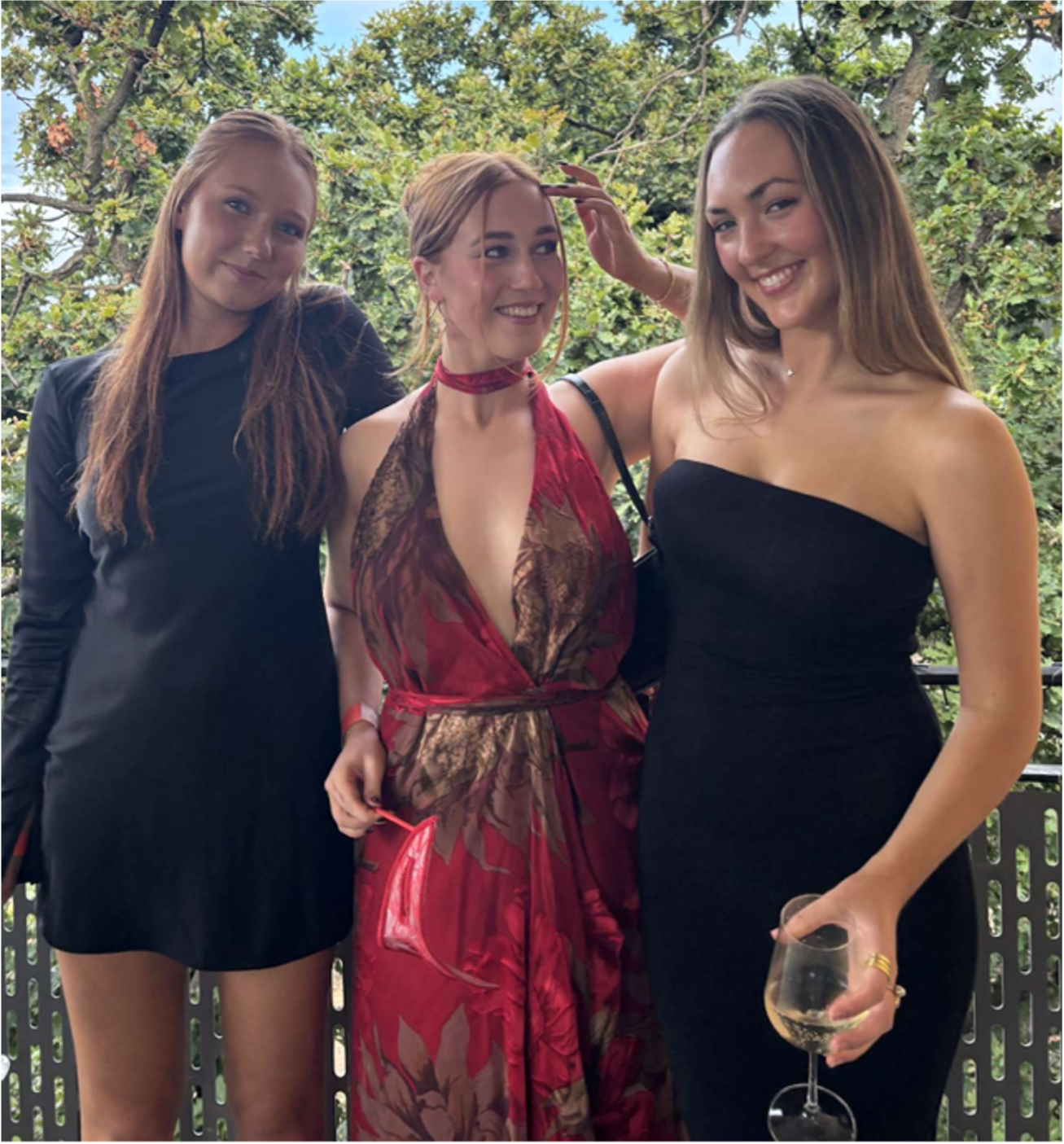
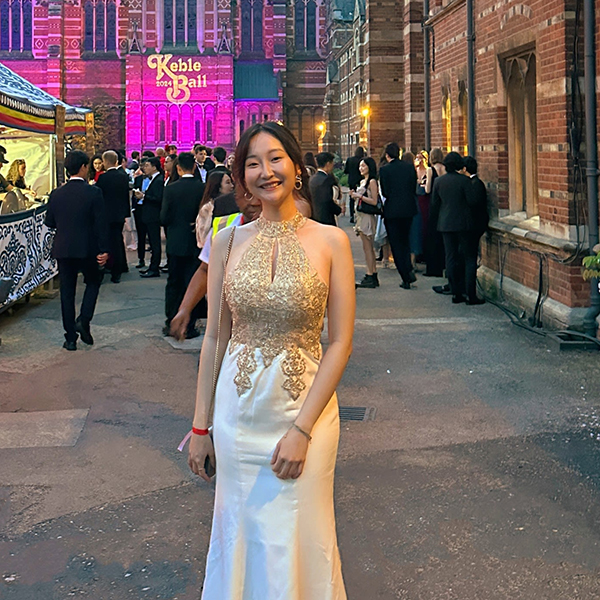
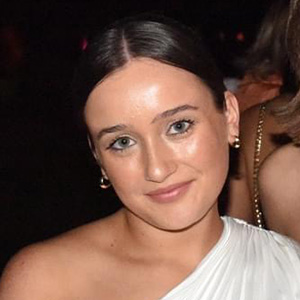
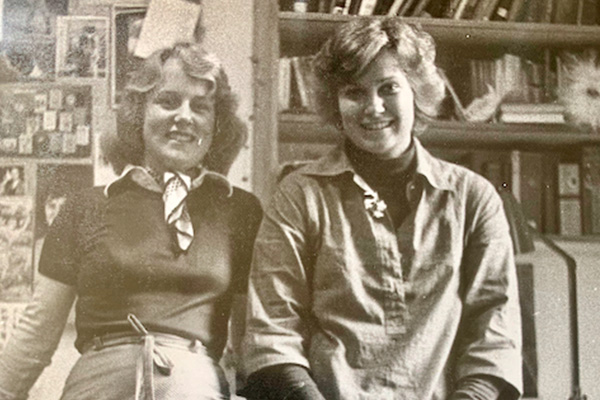
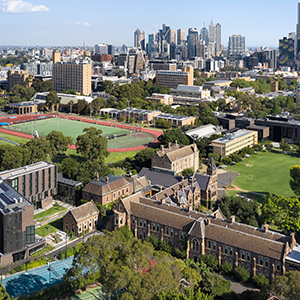
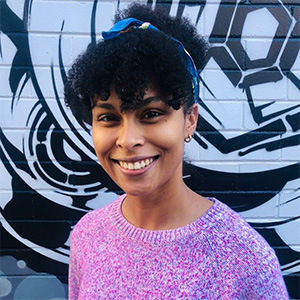
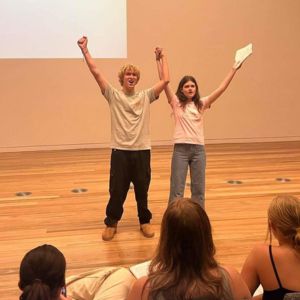
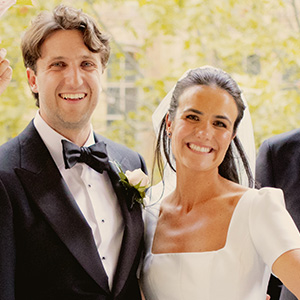
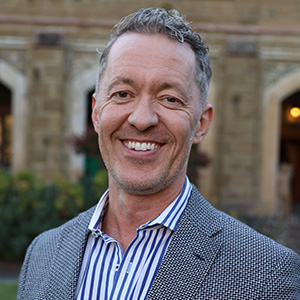
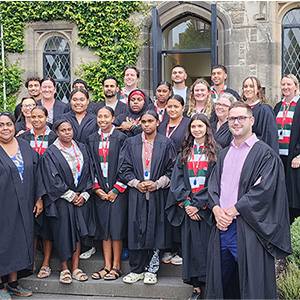
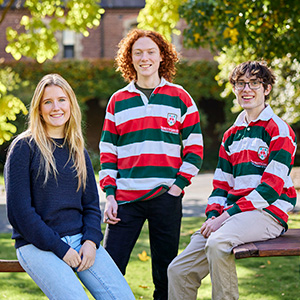
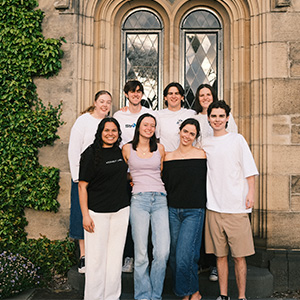
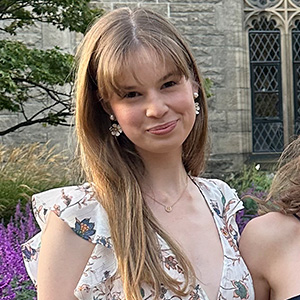
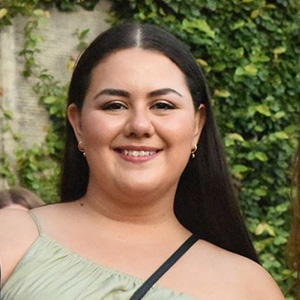
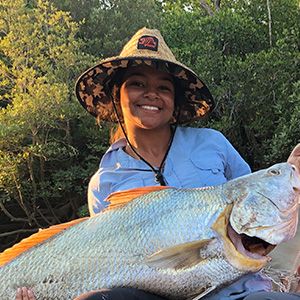
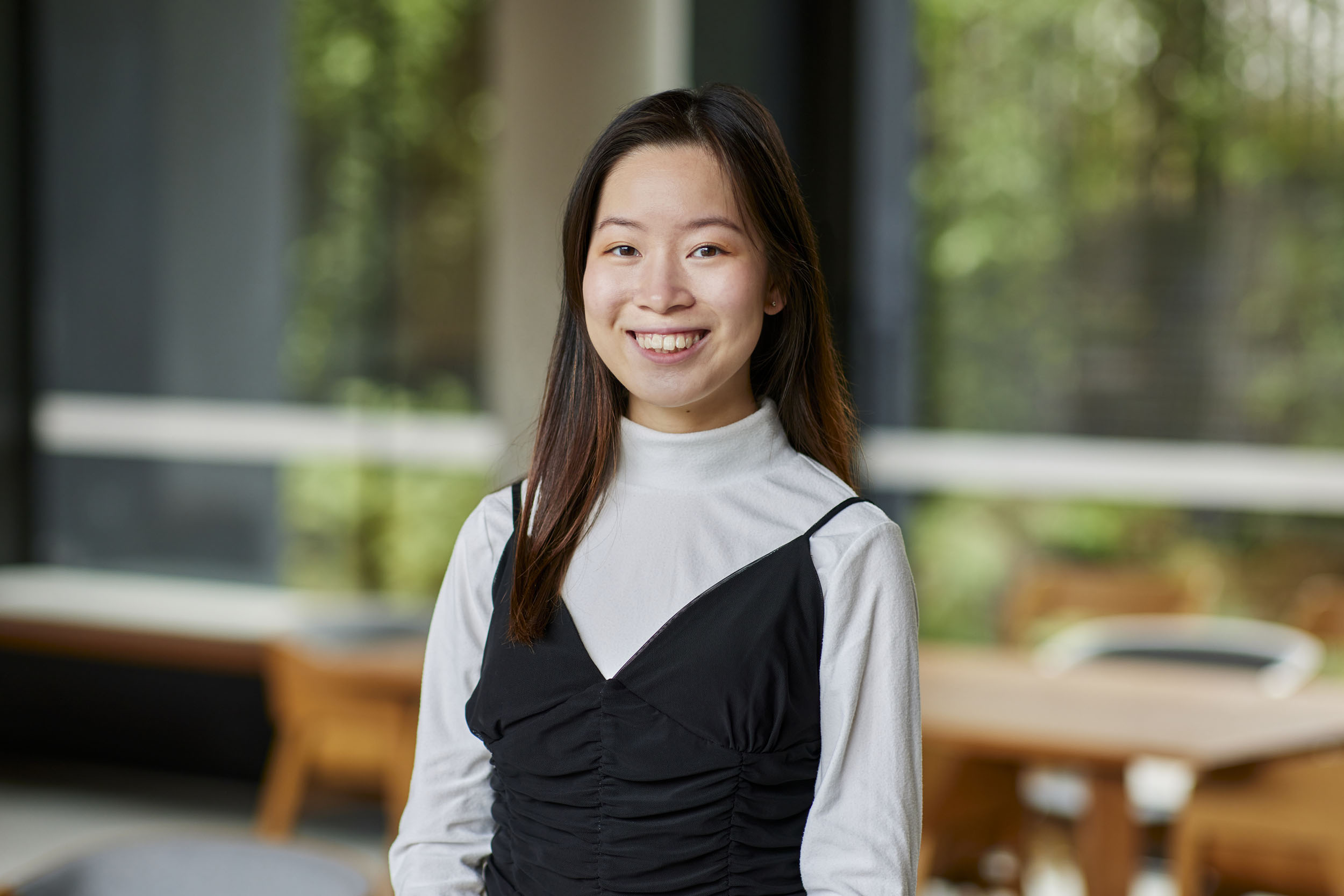
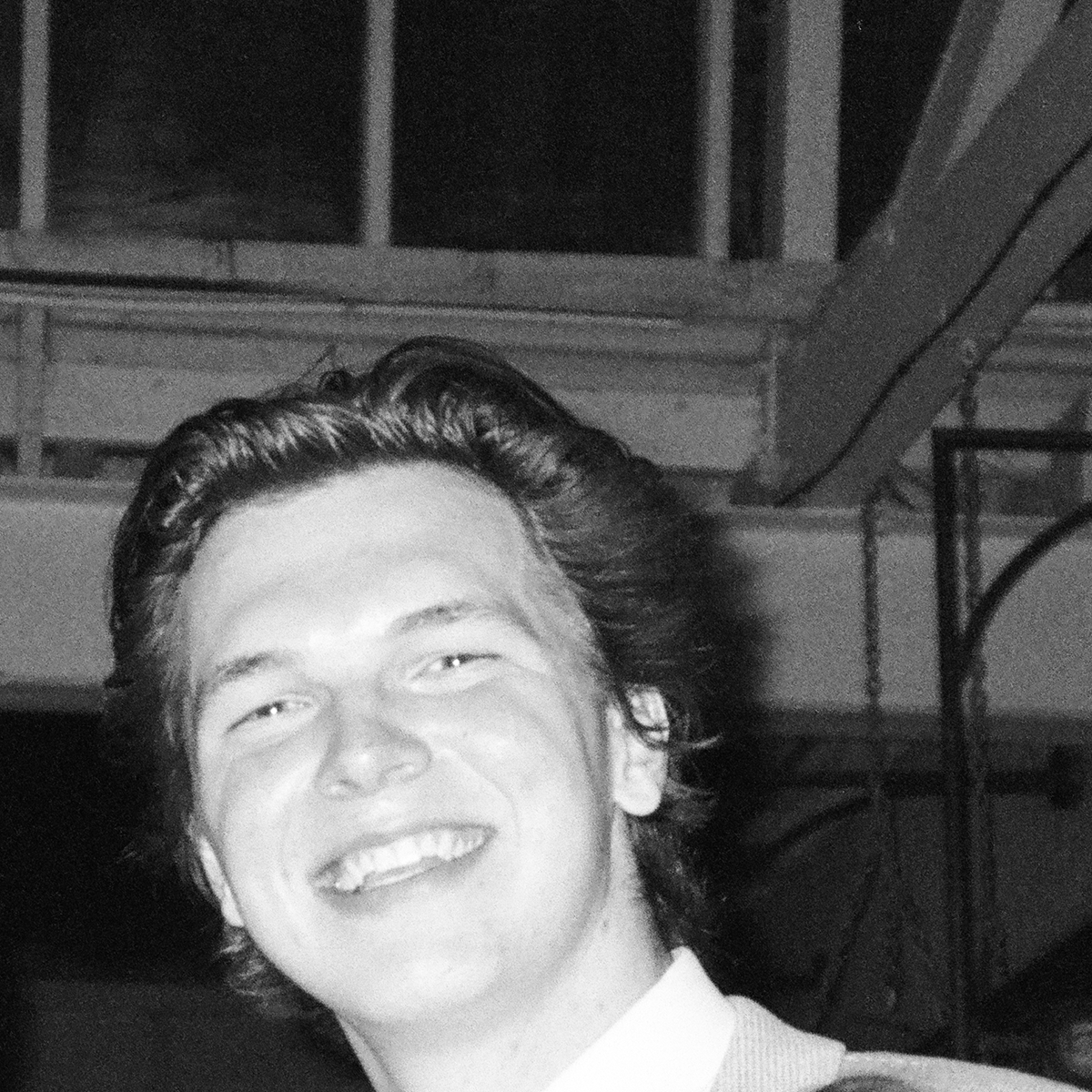
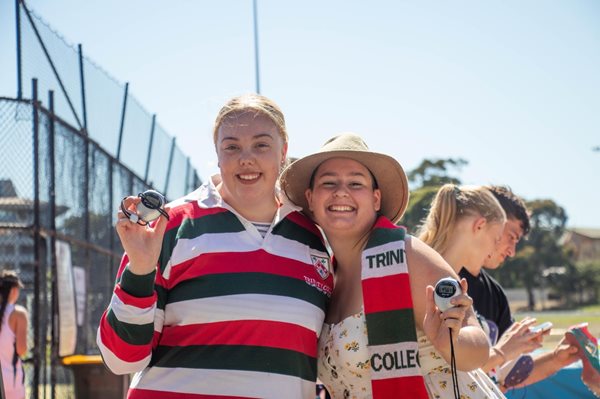
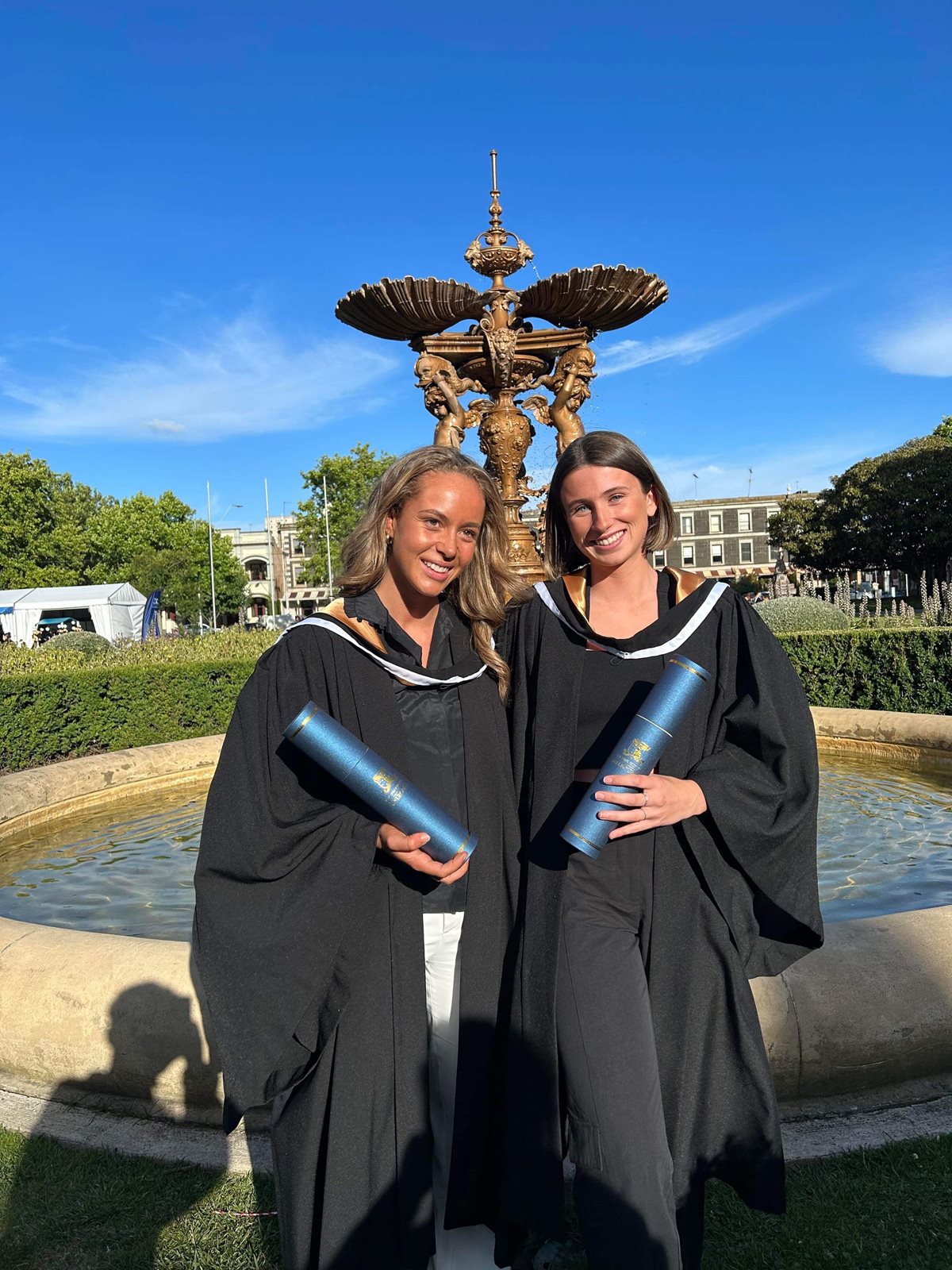
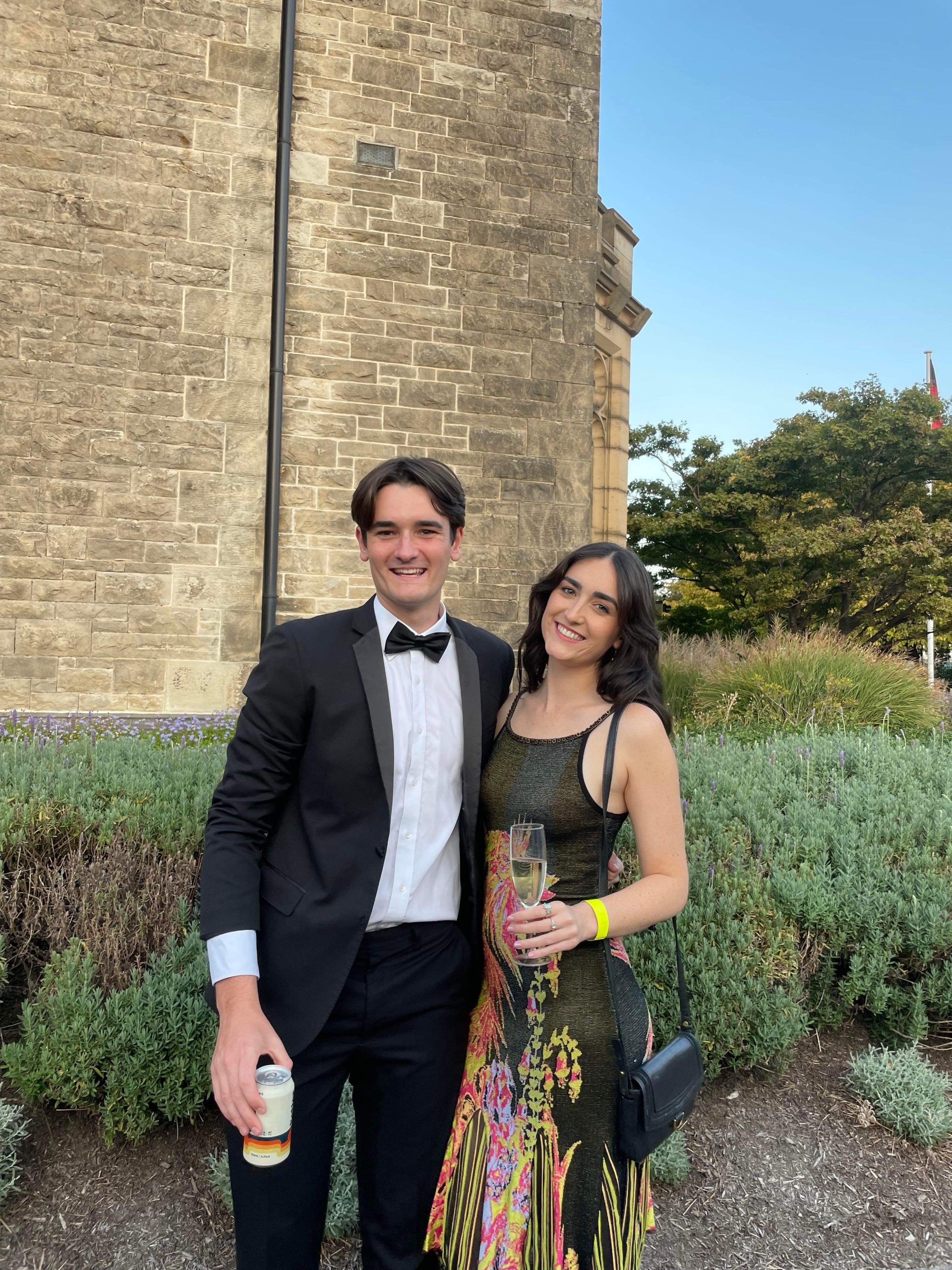
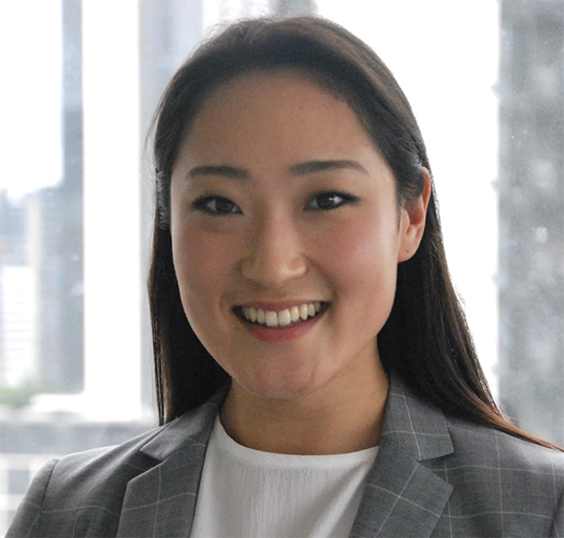
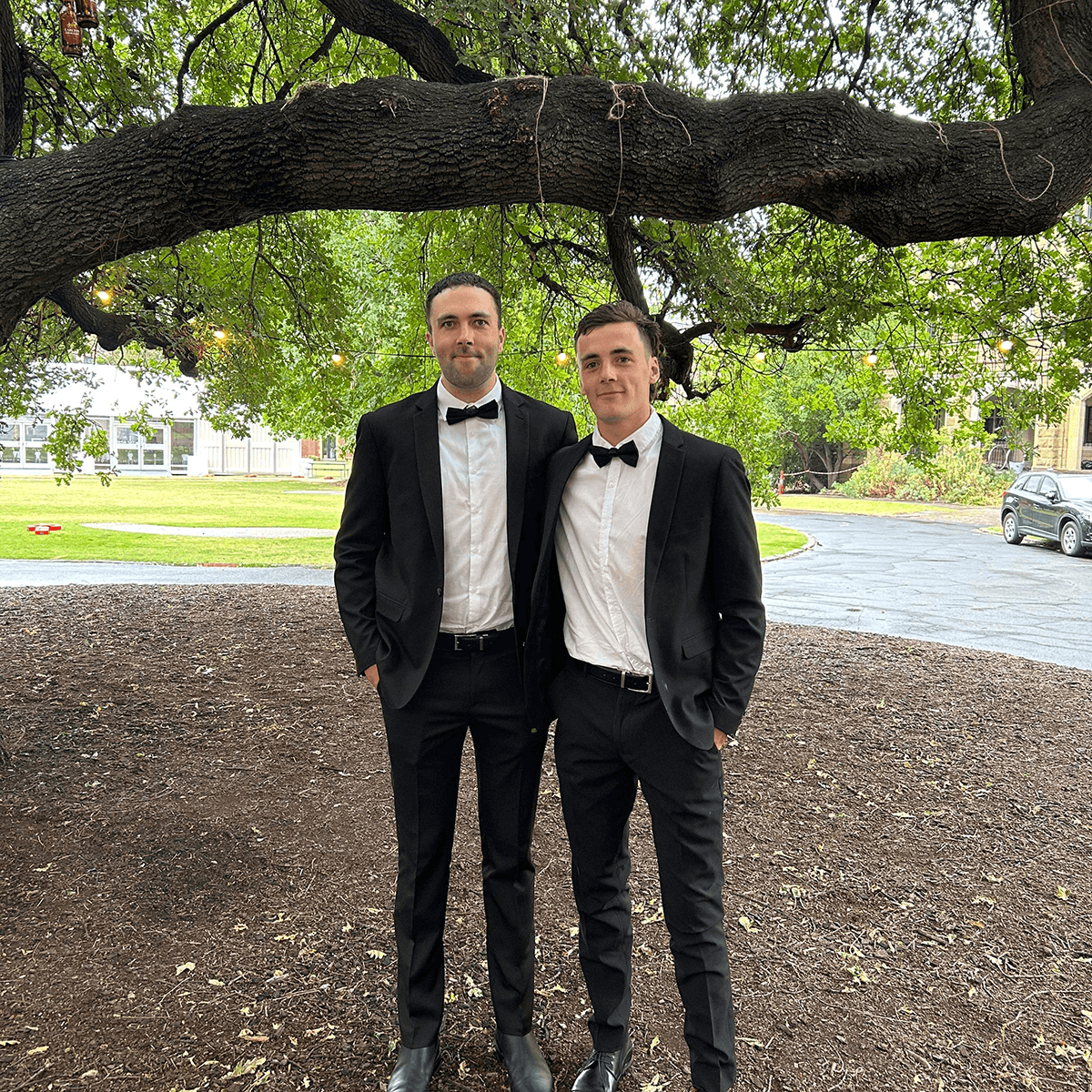.png?width=1200&height=1200&ext=.png)
